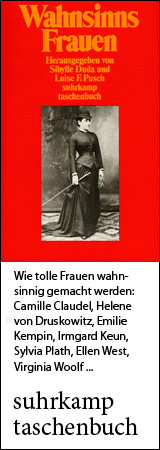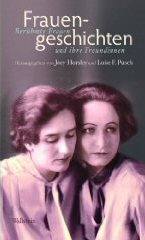
Commons.Wikimedia.org
born on November 30, 1873 in Nový Jičín, Moravia, Austria-Hungary
died on April 8, 1936 in Prague, Czechoslovakia
Czech writer
150th birthday on November 30, 2023
Biography
Božena Benešová was already 37 years old when her first collection of stories was published in 1910. Born the second of eleven children, she had sought out the seclusion of the pantry in the family home for her initial attempts at writing as a child. Here she could create her own world. Her parents neither understood nor supported her and viewed her numerous talents and thirst for knowledge as unfortunate obstacles in their daughter’s preordained path towards marriage and motherhood.
She had hoped to escape the stifling atmosphere of her small home town and to realize her dreams when she married in 1893. But instead of entering the art and cultural scene in Prague, she found herself trapped in dreary domestic duties at home as the wife of a railway clerk who demanded devotion to the family. She once again sought refuge in writing; first attempts to publish, however, remained without success.
A turning point came when she met Ružená Svobodovà, an active feminist and central figure in the Prague artistic scene. Svobodovà encouraged her to write, even in the face of family opposition, and helped her to find work as a journalist. Benešová initially edited the supplement to the Women’s Revue, and later wrote theater and book reviews. However, her own literary work remained more important to her than working as a journalist or translator. In poems and short stories with autobiographical features she focused in particular on the struggles of young women to free themselves from the oppressive conventions of a hostile environment.
A trilogy of novels in which she dealt with the period of the First World War won the Czech National Prize. The events of these war years led to an aesthetic reorientation and a redefinition of the relationship between art and reality. Benešová increasingly applied ethical standards to her writing, and thus attempted to convey the positive values of a humane society in her prose.
Attentive to any potential challenges to this social ideal, she recognized early the threat that National Socialism in Germany posed and signed the first appeal of Czech writers against fascism. Benešová did not experience the ensuing disastrous developments; she died after a long illness in 1936. In her final months she had continued to work and dictated the last scenes of the story Don Pablo, Don Pedro and Vera Lukašová, which was later filmed.
(Text from 1997; translated with DeepL.com; edited by Ramona Fararo, 2023.)
Please consult the German version for additional information (pictures, sources, videos, bibliography).
Author: Susanne Strätling
Quotes
“Bó is a lovely and unusual person – an extremely interesting woman. She knows how to think, and in her deep and constant solitude she has thought through all the questions of the present. She does not speak much, but what she says is (...) neither lightly nor carelessly spoken. (....) She is more intelligent than most and has the insight of a person who lives with complete consciousness within European culture and has perceived everything truly important and valuable in it.”
Ružená Svobodovà
If you hold the rights to one or more of the images on this page and object to its/their appearance here, please contact Fembio.



